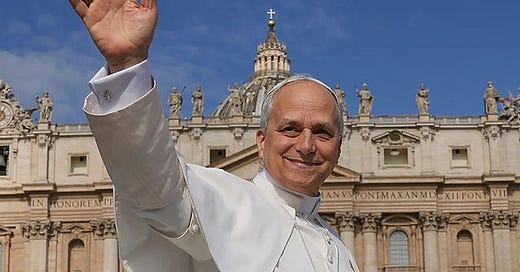In a surprise turnabout, Bishop Michael Martin of the Diocese of Charlotte has announced that his decision to end all parish Latin Masses by July 8 has been postponed to October.
He also canceled an open house night previously scheduled for June 24. That event was to be held at a former protestant church the diocese was converting into a Latin Mass center. That center was to be the only location where the Latin Mass could be publicly celebrated after the end of parish Latin Masses.
The open house night, at which the Bishop had been scheduled to appear, has not been rescheduled. It must be asked whether this means there is doubt in Bishop Martin's mind that he will be able to end parish Latin Masses as previously planned.
Interestingly, Bishop Martin's abrupt change in plans was announced mere hours after Pope Leo XIV met with Cardinal Arthur Roche, who is presently in charge of the Congregation for Divine Worship, whose remit includes, among other things, the Latin Mass.
This timing has led some commentators to wonder whether Pope Leo has caused, in some way, Bishop Martin's sudden announcement. Of note, Leo met with Bishop Martin earlier this year, although on an unrelated matter relating to the Bishop's Cathedral expansion plans. It has been reported, though, that the then-Cardinal Prevost asked Bishop Martin to modify his plans, so it is not beyond the realm of possibility that he has done that once again.
To that point, the Bishop's recent announcement even noted that if the Vatican should decide at some point to change Pope Francis's document Traditiones Custodes, which decreed the large-scale suppression of the Latin Mass, the Bishop will comply with such changes.
It seems unlikely that Pope Leo wants a liturgy war to break out in his first month in office. Also, given his previous statements on the importance of ancient liturgical tradition, language, and the need for the Pope the govern the Church in “the co-existence of diversity,” it would seem likely that he will do something to end the persecution of the Latin Mass, which has existed in various forms since at least the 5th century.
This does not take into account the post-conclave reports that Pope Leo himself celebrates the Latin Mass. If true, though, it would also support the conclusion that persecution of the Latin Mass may soon be coming to an end.




